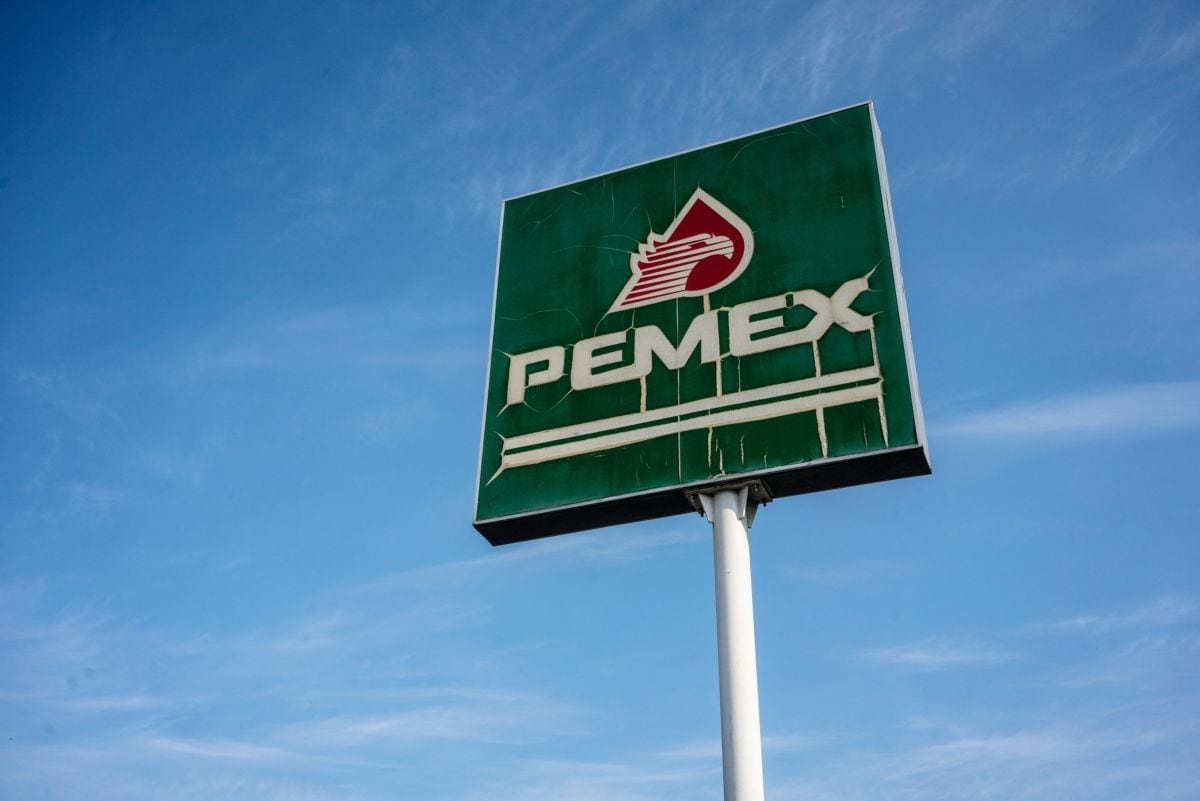
The state Mexican oil (Pemex) is the main fiscal risk that the Mexican Government will face in the coming years, warned this Tuesday Carlos Capistrán, chief economist for Mexico and Canada at Bank of America (BofA).
“Indeed, Pemex It is a risk and probably the number one fiscal risk that the present Administration has and that the next Administration will face.”, he explained in a virtual conference.
Capistrán considered that the Mexican Government runs the risk of its deficit becoming even greater with the effort it is making to rescue the most indebted oil company in the world.
In addition, he recalled that the budget approved by the Mexican Congress for 2024 shows a significant fiscal deterioration, with the largest fiscal deficit that the country has had in 30 years.
In this sense, the economist BofA He insisted that the risk is aggravated by fiscal support for Pemex, which ranges from tax reductions to direct support contemplated in the budget.
Capistrán mentioned that before Pemex and the Government had the same degree of investment as the global rating agencies and now Pemex has lost this level, so the fiscal stimuli to the state oil company violate Mexico’s public finances and its credit rating.
“When you pass money to him you are violating your public finances and you have to be very careful because, if you continue doing that, the risk you run is that Pemex it drags you and then the federal government also begins to lower its rating”, he warned.
On the other hand, the specialist predicted that the Mexican economy will slow down to a growth rate of 2% annually in the second half of 2024, after the elections in Mexico in June and those in the United States in November.
“We have presidential elections, and we see that what usually happens is stronger growth than usual in the first half of the year and then a more pronounced slowdown than usual in the second half of the year,” he explained.
In 2023, the Mexican gross domestic product (GDP) closed with an increase of 3.1%, according to official data, while the Mexican Government estimates growth of 3% for this year, higher than the 2% expected by BofA.
Capistrán recognized that Mexico has an opportunity for expansion in the coming years due to the relocation of global supply chains or ‘nearshoring‘.
He anticipated that the investment announcements would continue in 2024, although the capital injection would take time to materialize until the following years, as companies could be waiting for the result of the presidential elections in Mexico and the United States.
He also explained that the volatility of interest rates, of which he expects a first cut in Mexico next March, and the possible depreciation of the peso may be factors that delay investments.
Source: Gestion
Ricardo is a renowned author and journalist, known for his exceptional writing on top-news stories. He currently works as a writer at the 247 News Agency, where he is known for his ability to deliver breaking news and insightful analysis on the most pressing issues of the day.











